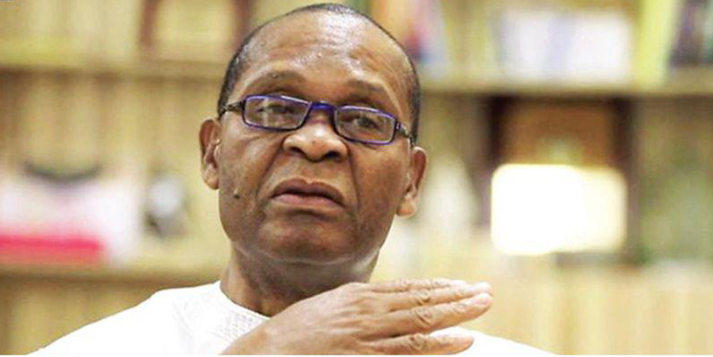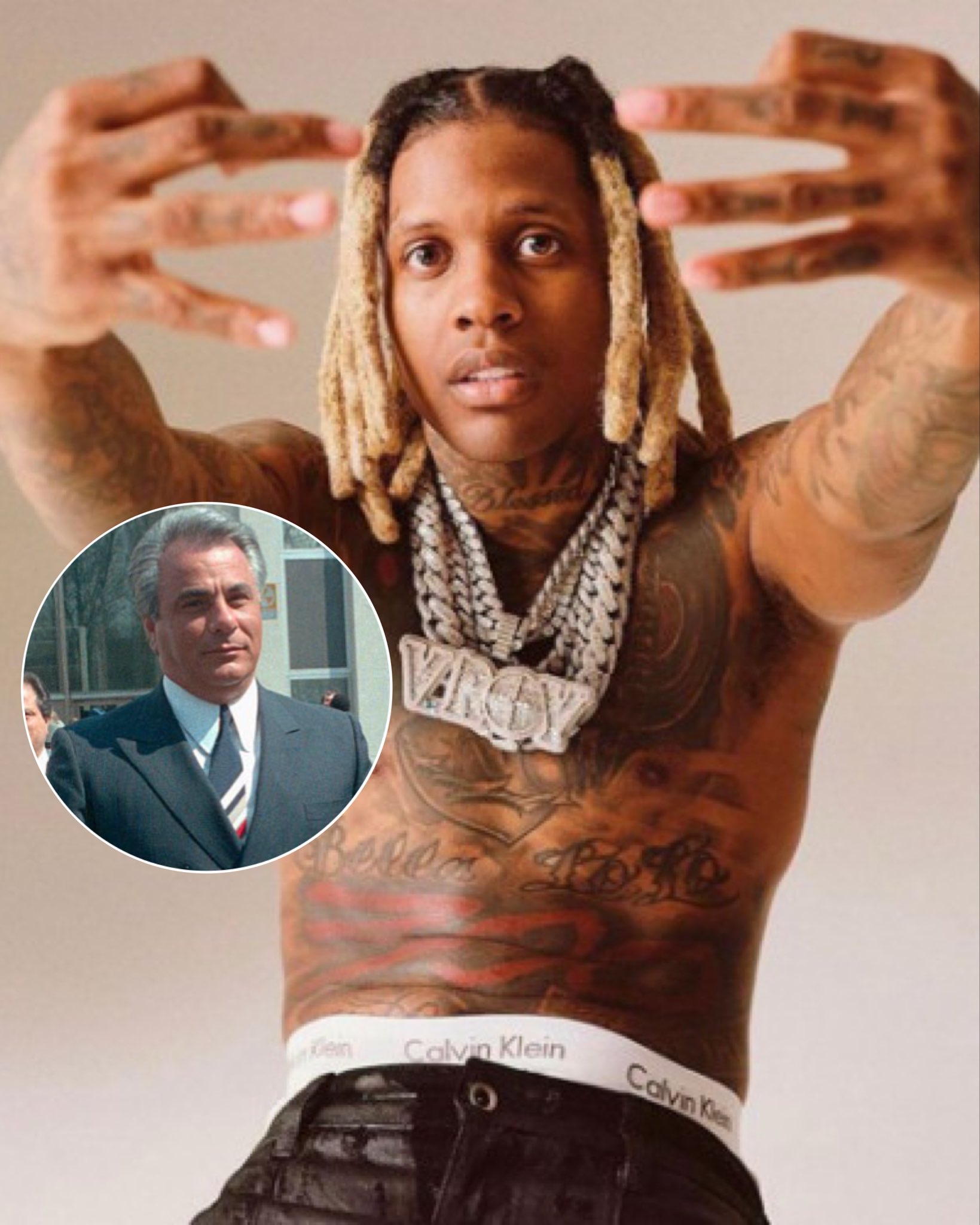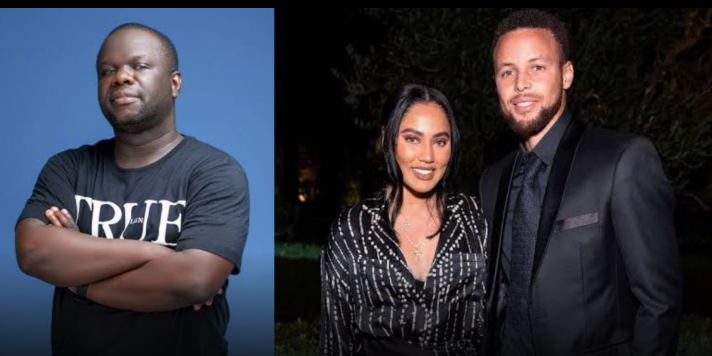
“Yeye People”: Joe Igbokwe Slams Igbos for Hypocrisy Over Silence on Eastern Killings

In a searing outburst that has sent ripples across the sociopolitical landscape of Nigeria, All Progressives Congress (APC) chieftain and outspoken political commentator, Joe Igbokwe, has called out Igbos for what he described as hypocritical behavior in their reaction to the wave of killings across the country. Taking to social media in a strongly-worded post, Igbokwe accused his kinsmen of maintaining disturbing silence during years of violence in the South-East, only to become vocally outraged over recent atrocities in Benue and Plateau states.
In a post that struck a nerve, Igbokwe wrote: “Hypocrites everywhere. From 2015 till date Igbo have been killing Igbo and burning their homes. Our people kept mute. Now these people are shedding more tears than the people of Benue and Plateau, shouting up and down. Yeye people.” The bluntness of his message, especially the use of the phrase “Yeye people,” a Nigerian Pidgin English term often used to mock or discredit someone as unserious or foolish, has sparked a heated debate online, exposing the deep fractures within Nigeria's ethnic and political dynamics.
The comment, laced with emotion and accusation, did not come in a vacuum. For years, the South-East region has battled rising insecurity marked by the activities of unknown gunmen, attacks on police stations, the sit-at-home orders linked to Biafran agitation, and the subsequent toll on lives and property. Yet, mainstream attention and collective outrage have, in some cases, remained alarmingly muted. Joe Igbokwe, himself an Igbo man from Anambra State, has long voiced frustration over the lack of unified condemnation from Eastern elites and civil society figures.
However, in the wake of brutal and sustained attacks in Benue and Plateau States—incidents that have claimed dozens of lives and displaced thousands—many prominent Eastern voices have taken to social media and various platforms to condemn the killings, express solidarity with the victims, and call for federal intervention. This sudden surge of empathy and concern, Igbokwe argues, is selectively loud and reflective of a deep-seated hypocrisy.
According to Igbokwe, the silence that shrouded the violence in the East was not born out of ignorance but a calculated reluctance to confront uncomfortable truths. “Our people were being killed, their houses burnt, their lives destroyed, and yet there was silence—almost like a conspiracy of indifference,” he lamented. His critics, however, argue that his latest remarks are inflammatory and divisive, accusing him of fanning the flames of ethnic disunity at a time when Nigeria needs healing.
Nonetheless, his central message has stirred serious introspection, particularly among Nigerians who question the regional selectiveness in national empathy. Why do some regions attract a groundswell of support in their moments of pain while others seem to suffer in silence? Why is it that killings in the South-East are met with whispers and cautious diplomacy, whereas attacks in other regions ignite fierce public outcry? These are the difficult questions Joe Igbokwe’s comments are now forcing into the open.
Some analysts believe the answer lies in the political and ideological undertones of the violence. While killings in the North-Central are often framed within the context of terrorism, herder-farmer clashes, and ethno-religious conflicts, the unrest in the East is frequently entangled with separatist agitations and the Indigenous People of Biafra (IPOB) movement. As such, public discourse on Eastern violence often becomes politicized, leading to fear, polarization, and silence even among victims.
Igbokwe’s long-standing opposition to IPOB and Nnamdi Kanu is no secret. He has, on several occasions, accused the group of turning the South-East into a war zone and silencing dissent through intimidation and fear. In 2021, his Lagos residence was reportedly set on fire by unknown attackers, which he attributed to IPOB sympathizers. He has since remained one of the loudest Igbo voices to openly criticize the group, often drawing ire from those who view him as a traitor to his ethnic identity.
This latest outburst has only solidified his position as a polarizing figure—admired by some for speaking uncomfortable truths, loathed by others for washing ethnic dirty linen in public. Yet, even his harshest critics cannot ignore the power and relevance of his message in today’s Nigeria. As the country continues to grapple with multidimensional crises—from banditry in the North-West to terrorism in the North-East, from secessionist movements in the South-East to communal clashes in the Middle Belt—the question of who gets heard, and why, remains ever pertinent.
Social media reactions to Igbokwe’s comments have been predictably mixed. Some users praised his candor, insisting that silence in the face of internal destruction is a betrayal that must be called out. Others dismissed his message as attention-seeking and divisive, accusing him of leveraging national tragedy to score political points. A user on X (formerly Twitter) wrote: “Joe Igbokwe always wants to sound like the only sensible Igbo man in Nigeria. If you’re so hurt, do something about it besides talking.” Another added, “He is right, though. We can't ignore our own pain and scream for others. That’s not empathy. That’s performance.”
Still, the truth remains that Joe Igbokwe’s words, however controversial, have ignited a needed national debate. His frustration underscores a broader societal failure—one where selective outrage has replaced consistent justice, and where ethnic loyalty often trumps moral responsibility. If lives are lost in the East, in the North, or in the Middle Belt, they are still Nigerian lives. And if the voices that cry out for justice are loud only when it suits their political or regional narratives, then the country is in deeper trouble than it admits.
In a nation of over 200 million people, where every major region has its unique share of bloodshed, displacement, and trauma, selective solidarity can become a silent accomplice to evil. Joe Igbokwe’s “Yeye people” comment may be abrasive, but beneath the sting lies a cry for consistency, for courage, and for an end to the double standards that cheapen human life depending on where it's lost.
As the Nigerian public wrestles with his message, one thing is clear: it has become increasingly impossible to overlook the elephant in the room. Selective silence is a form of complicity. And until every Nigerian life matters equally, the nation’s conscience will remain fractured—and the cycle of violence unbroken.


